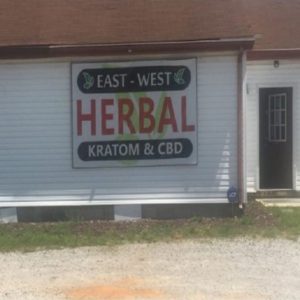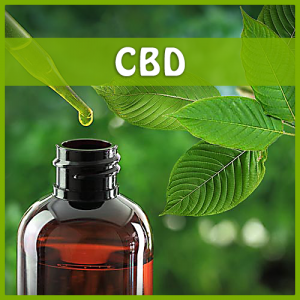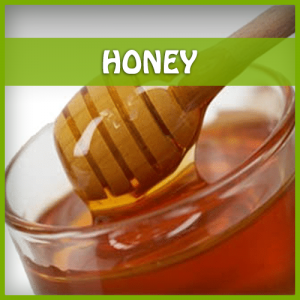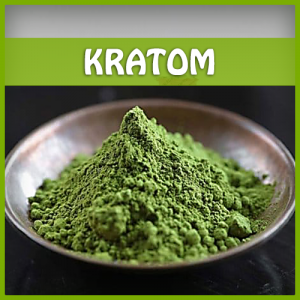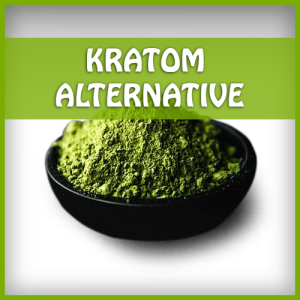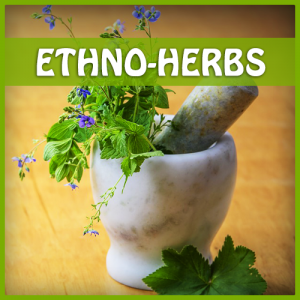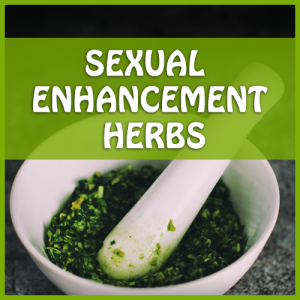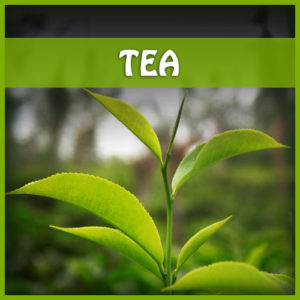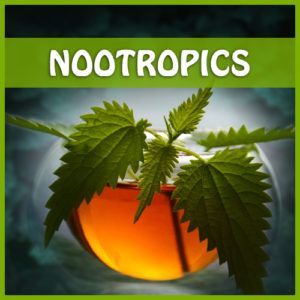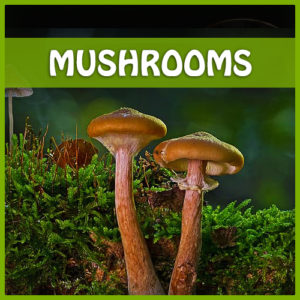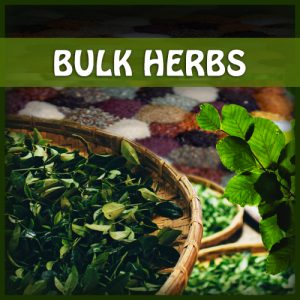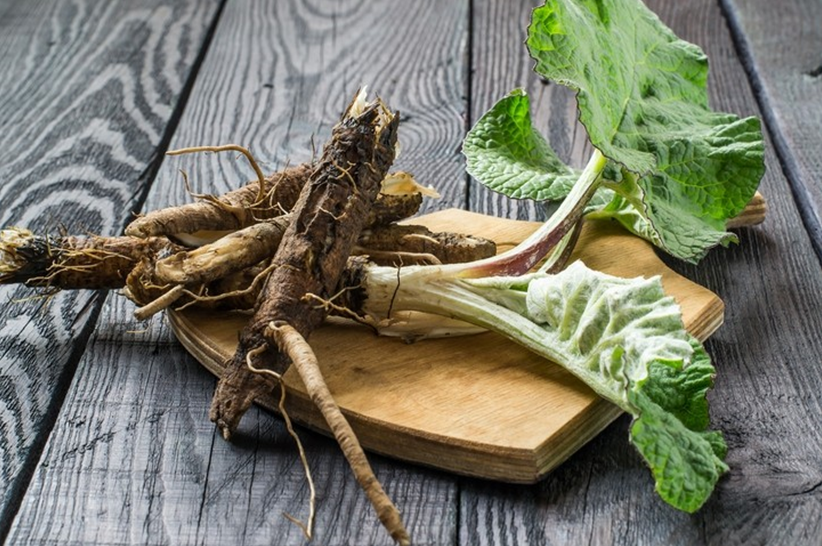Updates
Burdock Root: Unleashing the Anti-Inflammatory Power of Nature
Inflammation is the body’s natural response to injury or infection. It’s a necessary process that helps to protect the body from harmful substances and promote healing. However, chronic inflammation can lead to a wide range of health problems, including arthritis, heart disease, and cancer. In recent years, there has been a growing interest in natural remedies that can help to reduce inflammation, and burdock root is one of the most promising options. In this article, we’ll explore the anti-inflammatory properties of burdock root and how it can benefit your health.
What is Burdock Root?
Burdock root is the underground part of the burdock plant, which is a biennial herb that belongs to the Asteraceae family. The plant is native to Europe and Asia, but it has also been introduced to other parts of the world, including North America. The root of the plant has been used for centuries in traditional medicine, particularly in China and Japan, to treat a wide range of conditions, including inflammation.
Understanding Inflammation
Inflammation is a natural response of the body’s immune system to injury or infection. It’s a complex process that involves the release of various chemicals, including cytokines and prostaglandins. These chemicals help to recruit immune cells to the site of injury or infection, which then helps to remove damaged tissue and fight off invading pathogens.
However, when inflammation becomes chronic, it can lead to a range of health problems. Chronic inflammation can damage healthy tissues, leading to conditions such as arthritis, heart disease, and diabetes. It can also increase the risk of cancer and autoimmune diseases.
The Anti-Inflammatory Properties of Burdock Root
Burdock root contains several compounds that have been shown to have anti- inflammatory properties. One of the most important compounds is arctigenin, which is a lignan that has been shown to inhibit the production of inflammatory cytokines such as TNF-alpha and interleukin-6 (IL-6). Arctigenin has also been shown to inhibit the activity of nuclear factor-kappaB (NF-kappaB), a protein complex that plays a key role in regulating the immune response and promoting inflammation.
Another important compound in burdock root is quercetin, which is a flavonoid that has been shown to have potent anti-inflammatory effects. Quercetin has been shown to inhibit the production of inflammatory cytokines and reduce the activity of NF-kappaB.
In addition to arctigenin and quercetin, burdock root also contains other compounds that have been shown to have anti-inflammatory properties, including polyacetylenes, tannins, and essential oils.
Burdock Root and its Role in Managing Chronic Inflammation
Because of its anti-inflammatory properties, burdock root has been studied for its potential role in managing chronic inflammation. One study published in the Journal of Ethnopharmacology found that burdock root extract reduced the production of inflammatory cytokines in human immune cells. Another study published in the Journal of Biomedical Science found that burdock root extract reduced the severity of arthritis in rats by reducing inflammation and oxidative stress.
Burdock root has also been studied for its potential role in managing other inflammatory conditions, including eczema, psoriasis, and inflammatory bowel disease (IBD). While more research is needed in humans, preliminary studies have shown promising results. For example, a study published in the Journal of Alternative and Complementary Medicine found that a combination of burdock root and dandelion root helped to reduce the severity of eczema symptoms in adults. Another study published in the Journal of Medicinal Food found that burdock root extract helped to reduce inflammation in rats with colitis, a type of IBD.
It’s important to note that while these studies are promising, more research is needed to fully understand the effects of burdock root on chronic inflammation in humans.
How to Incorporate Burdock Root in Your Diet
Burdock root can be consumed in a variety of ways. It can be used as a vegetable in soups, stews, and stir-fries. It can also be roasted, pickled, or brewed into a tea. Burdock root can be found in many health food stores in the form of capsules, tinctures, or powders.
When using burdock root for its anti-inflammatory properties, it’s important to ensure that you are getting a sufficient amount of the active compounds, such as arctigenin and quercetin. This can be difficult to achieve through diet alone, so supplementation may be necessary.
Potential Side Effects and Precautions
While burdock root is generally considered safe when consumed in food amounts, it may interact with certain medications, including blood thinners and diuretics. Burdock root may also cause allergic reactions in some people, particularly those who are allergic to plants in the Asteraceae family.
It’s important to consult with a healthcare provider before using burdock root for medicinal purposes, especially if you are pregnant or breastfeeding, have a medical condition, or are taking any medications.
Conclusion
Inflammation is a natural process that plays an important role in the body’s immune response. However, chronic inflammation can lead to a wide range of health problems. Burdock root is a natural remedy that has been shown to have anti-inflammatory properties, making it a promising option for managing chronic inflammation. While more research is needed to fully understand the effects of burdock root on inflammation in humans, incorporating it into your diet may offer some health benefits.
Citations:
* Chen, , Gao, Y., Wu, J., & Chen, J. (2019). Arctigenin inhibits inflammation via p38/MK2/TTP-mediated mRNA destabilization. Journal of Cellular Biochemistry, 120(10), 16549-16559. doi: 10.1002/jcb.29045
* Jang, S. A., Park, H. S., Park, K. Y., & Lee, J. (2018). Burdock and Dandelion root tea in Korean adults: a randomized, double-blind, placebo-controlled clinical trial. Journal of Alternative and Complementary Medicine, 24(2), 171-176. doi: 10.1089/acm.2016.0394
* Lee, , Lee, Y., Lee, H., Jun, W., & Lee, J. (2013). Anti-inflammatory effects of Arctium lappa L. (Burdock) root on dermatitis induced by DNCB. Journal of Biomedical Science,




